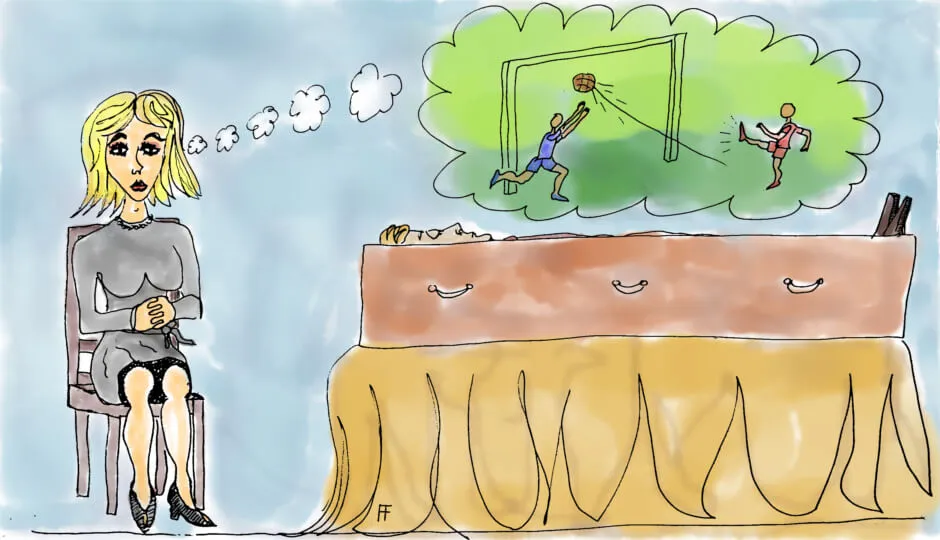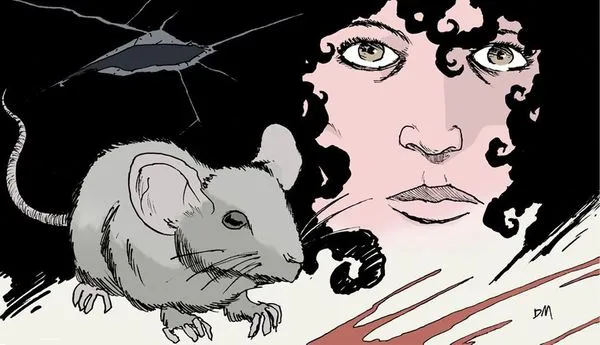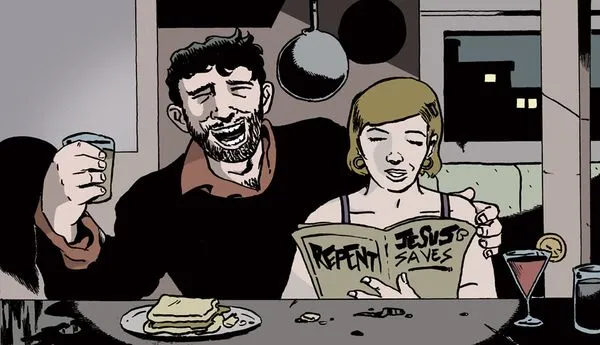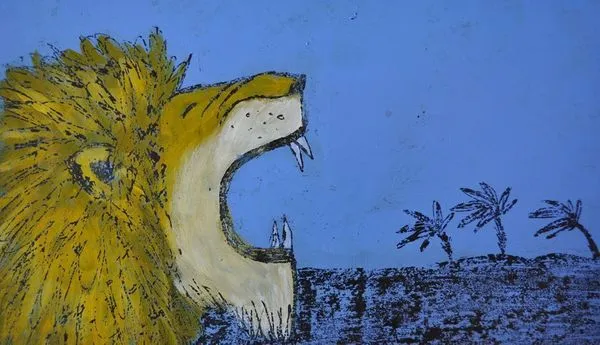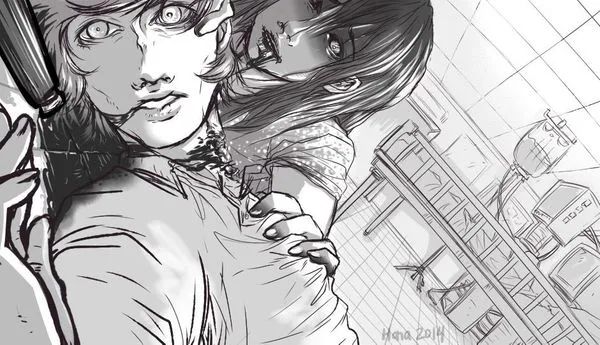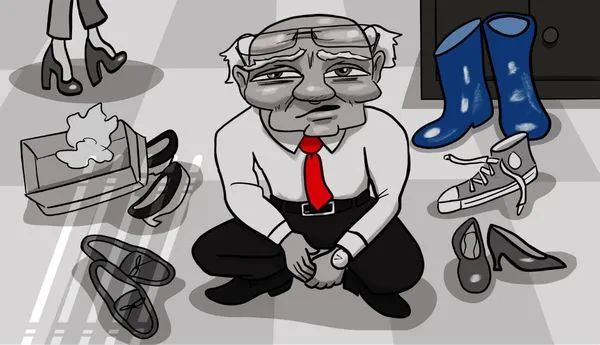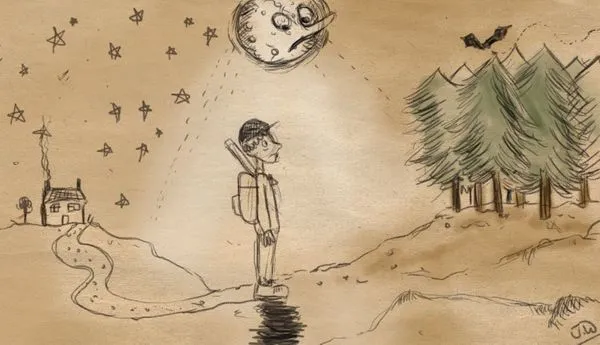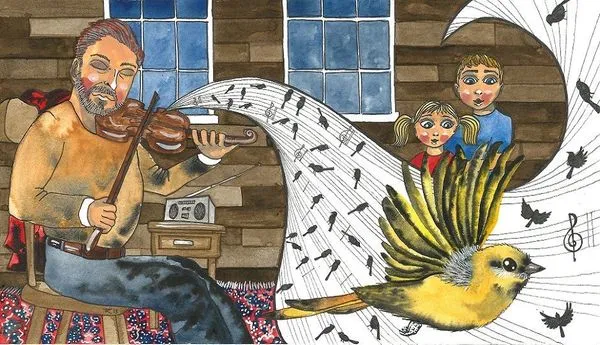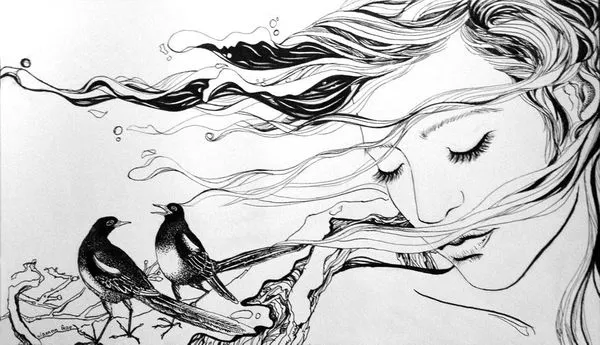Paddy Murphy’s Wake
Published on 2016-04-15
The priest had been there earlier and the rosary was said and relatives and friends in single file were offering condolences. “Sorry for your troubles,” one by one they said, bending over Maggie Murphy, the widow silent in her rocker, a foot or so from Paddy, resplendent in his casket, the two of them much closer now than they had ever been.
A silent guest of honor, Paddy now had nothing more to say, waked in aspic, if you will, in front of his gothic fireplace.
The moon was full this starless night and the hour was getting late and still the widow hadn’t wept. Her eyes were swept Saharas and the mourners wanted tears. They had fields to plow come morning and they needed sleep, but the custom in County Kerry was that no one leaves a wake until the widow weeps.
Fair Maggie could have married any man in Kerry, according to her mother, who almost every day reminded her of that.
“Maggie,” she would say, “you should have married Mickey. His limp was not that bad,” but Maggie wouldn’t listen. Instead, she married Paddy, “that pestilence out walking,” as her mother often called him even on a Sunday but only after Mass.
Maggie married Paddy the day he scored the only goal the year that Kerry took the trophy back from Galway. That goal was no small thing for Ireland, Paddy would remind us all in pubs, night after night, year after year, until one of us would gag and buy him another drink.
That goal, he’d shout, was something historians in Ireland would one day note, even if they hadn’t yet, and every time he’d mention it, which was almost daily, Maggie’s mother would remind her daughter once again that she should have married Mickey and had a better life.
The final time her mother praised poor Mickey, a screaming match ensued, so loud it woke the rooster the very day her mother, feverish in bed, gurgled like a frog and died.
This evening, though, as the wake wore on, the mourners grew more weary waiting for the tears the widow hadn’t shed. Restless in his folding chair, Mickey put his bottle down and rose to give the eulogy he had needed days to memorize.
“Folks,” he said, “if all of us would holler down to Paddy now, I’m sure he’d holler back. Despite the flames and all that smoke, he’d tell us all once more that Kerry winning over Galway is all that ever mattered. We’ll always have cold Paddy over there to thank for that. Ireland never had a better man. St. Patrick himself, I know, would vouch for that.”
The Widow Murphy hadn’t moved all evening, but after hearing Mickey speak, she began to rock with fury as she raised a purple fist, shook it to the heavens and then began to hum her favorite dirge. The mourners all joined in and hummed along until midnight struck on the mantel clock and then, as if released by God Himself, the mourners rose, one by one, from folding chairs and paraded out beneath the moon, freed by a hurricane of the Widow Murphy’s tears.

